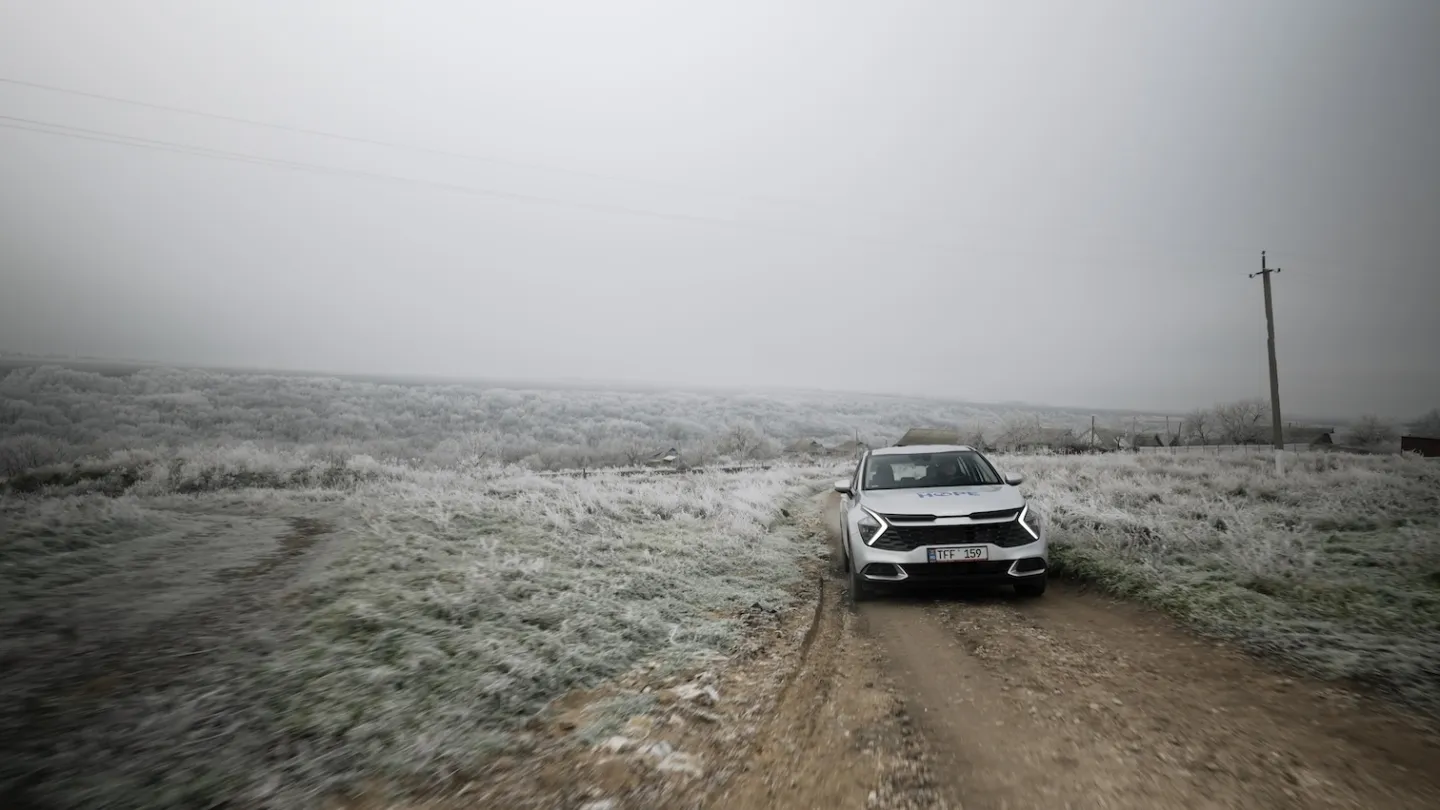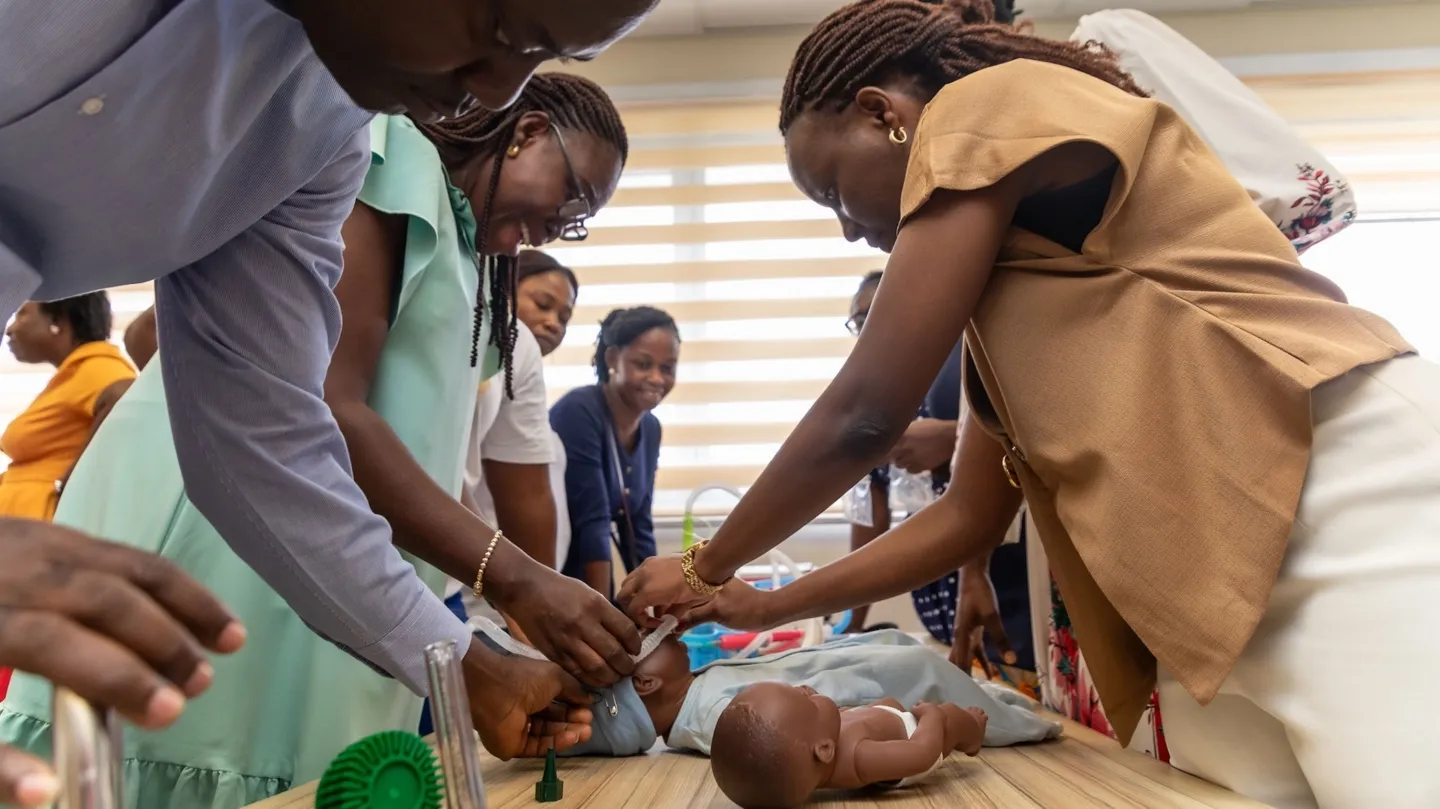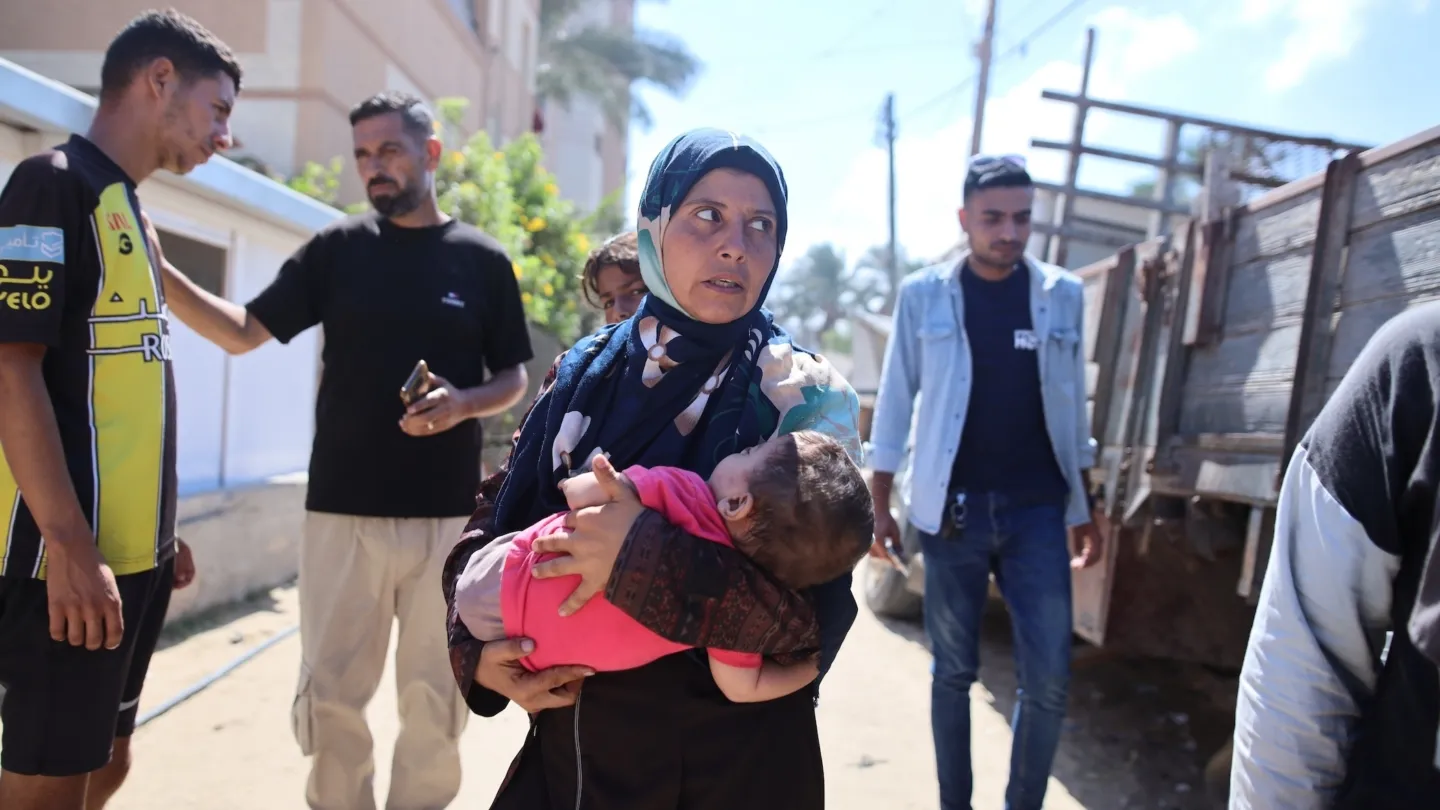News Alert: Severe Hunger Grows Worse in Tigray, Ethiopia, New Assessment Finds

Ahead of the United Nations High-level Pledging Event in support of the response in the Horn of Africa this week, Project HOPE reveals a new assessment highlighting escalating humanitarian needs of communities displaced in and around the Tigray region in northern Ethiopia.
The assessment paints a chilling reality for displaced communities in Enderta Woreda and Mekelle City Administration (MCA), where severe food shortages have pushed people to the brink of starvation. Key findings from the assessment include:
- Lack of Food: A staggering 65% of respondents revealed that humanitarian aid is their primary source of food. However, none of the respondents reported receiving regular food assistance for at least five months. This has led to people resorting to negative coping mechanisms and exploitative practices such as commercial sex work.
- Lack of Nutritional Assistance: Only a third of all displaced individuals have access to nutritional assistance. Nearly 70% of respondents highlighted the lack of essential nutritional supplies, with two-thirds reporting the absence of referral points for malnourished children and the absence of vital services such as vitamin-A supplementation and deworming for children under five.
- Limited Water Supply: Water scarcity is reaching critical levels, with access to clean water through the municipality supply system restricted to once every two or three weeks. The absence of clean water has resulted in rampant skin and eye infections among children, exacerbating the dire situation.
- Health Access: Hundreds of thousands of Ethiopians that have fled to IDP sites have limited health access and nearby health facilities are facing a shortage of trained staff to provide basic emergency health services. 77% reported an absence of clinical treatment for neonates, infants, and young children. Only a small percentage of respondents (17%) reported the availability of HIV treatment services, forcing clients to forego treatment or purchase antiretroviral medications from private pharmacies and illegal vendors at high costs. Mental health services are also limited and very few IDP sites have mobile health and nutrition teams.
- Lack of Education: The conflict has decimated educational opportunities for children in Tigray, as almost all displaced children have not been able to attend school in over three years. This distressing situation has forced children into labor and exacerbated severe mental health challenges, with minimal support available.
- Gender-Based Violence: Women, children, and people with disabilities face a high risk of gender-based violence in IDP sites due to the lack of protection services. The assessment underscored child protection concerns, including child labor, rape, family separation, and the absence of established child protection systems. Incidents of sexual abuse and violence against women and girls accessing latrines during nighttime highlight the inadequate safety and protection measures in IDP sites.
Jed Meline, Director of Policy and Advocacy for Project HOPE, said:
“The pledging conference couldn’t come at a more critical time for the Horn of Africa and specifically, northern Ethiopia. The region is navigating compounding crises with conflicts, displacement, hunger, and drought hitting hard. The suffering of millions of Ethiopians, as well as people across the entire Horn, is heartbreaking. We see families struggling with hunger and kids going days without a decent meal.
Project HOPE is calling on governments, international organizations, philanthropists, and businesses to step up and take bold action to stem this growing humanitarian crisis. Ethiopia needs a massive injection of funds to ramp up humanitarian efforts, strengthen emergency response systems, and deliver life-saving aid to those on the edge of survival.”
View the full assessment here. This assessment was done in partnership with the Tigray Regional Health Bureau, with assistance from DPO, IOM, FHI 360, T-YE, Save the Children, and others.
Following the Cessation of hostilities agreement (COHA), Project HOPE deployed emergency response personnel to the Tigray on in late 2022, conducting rapid assessments and delivering life-saving commodities and services to IDPs. Project HOPE has continued the delivery of essential medicines, water purification tablets, and HIV/AIDS care and treatment commodities to the Tigray region while mobilizing a mobile health and nutrition team to address the urgent needs of IDPs and host communities in the region.
Related Articles

What is a Mobile Medical Unit?
02.10.2026

The Tiny Machine That Helps a Baby Breathe
02.03.2026

Humanitarian Crisis in Gaza: How To Help
02.02.2026
